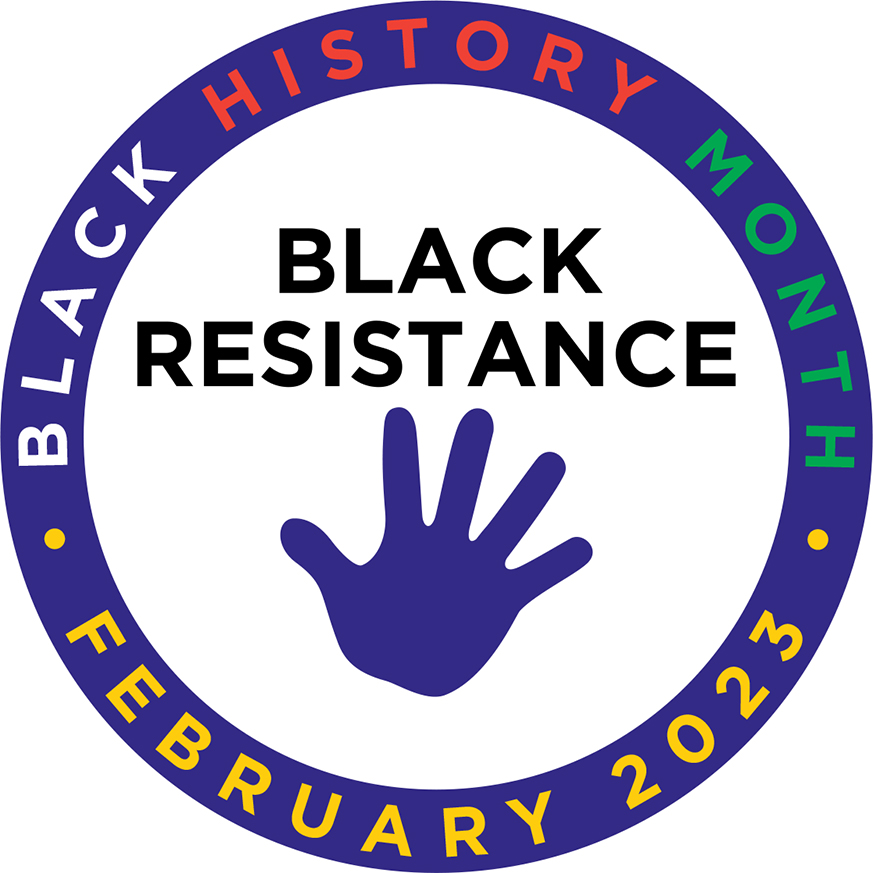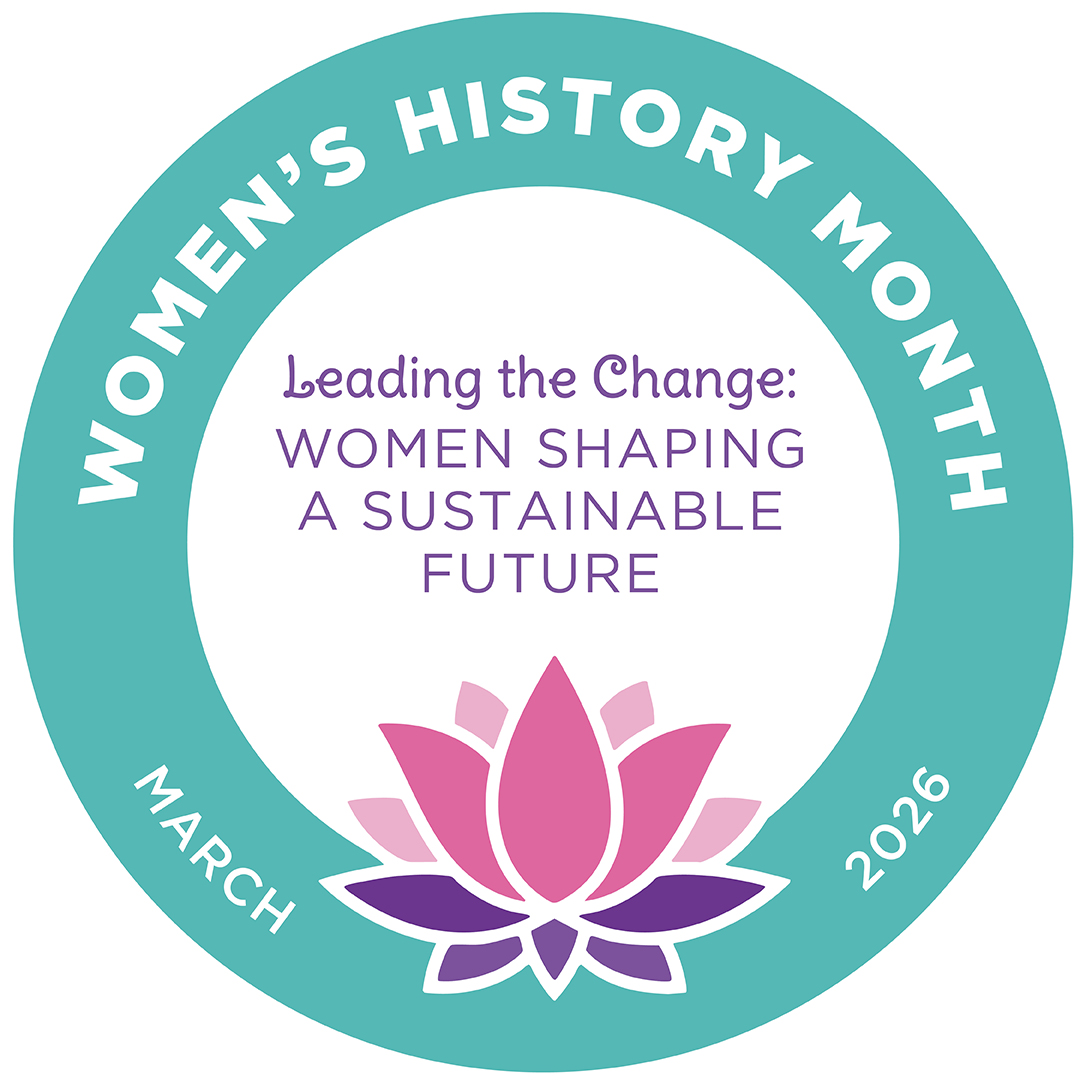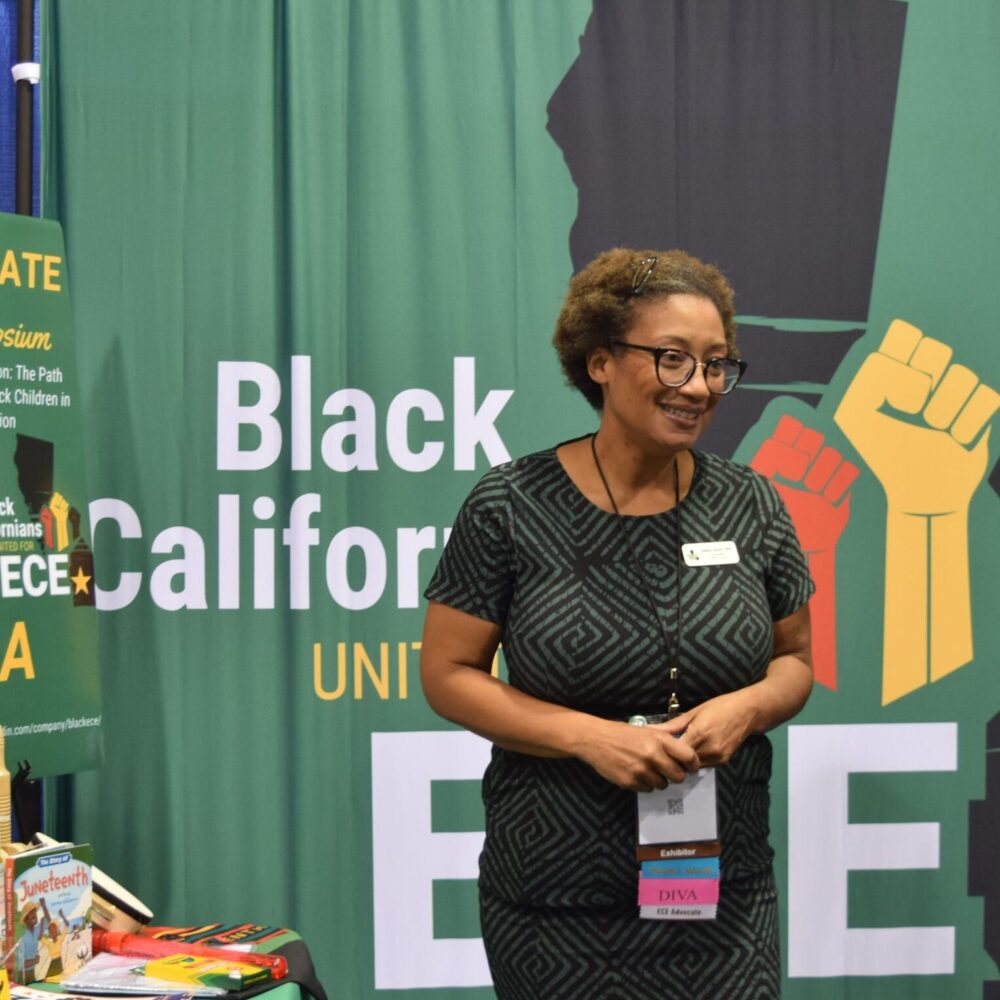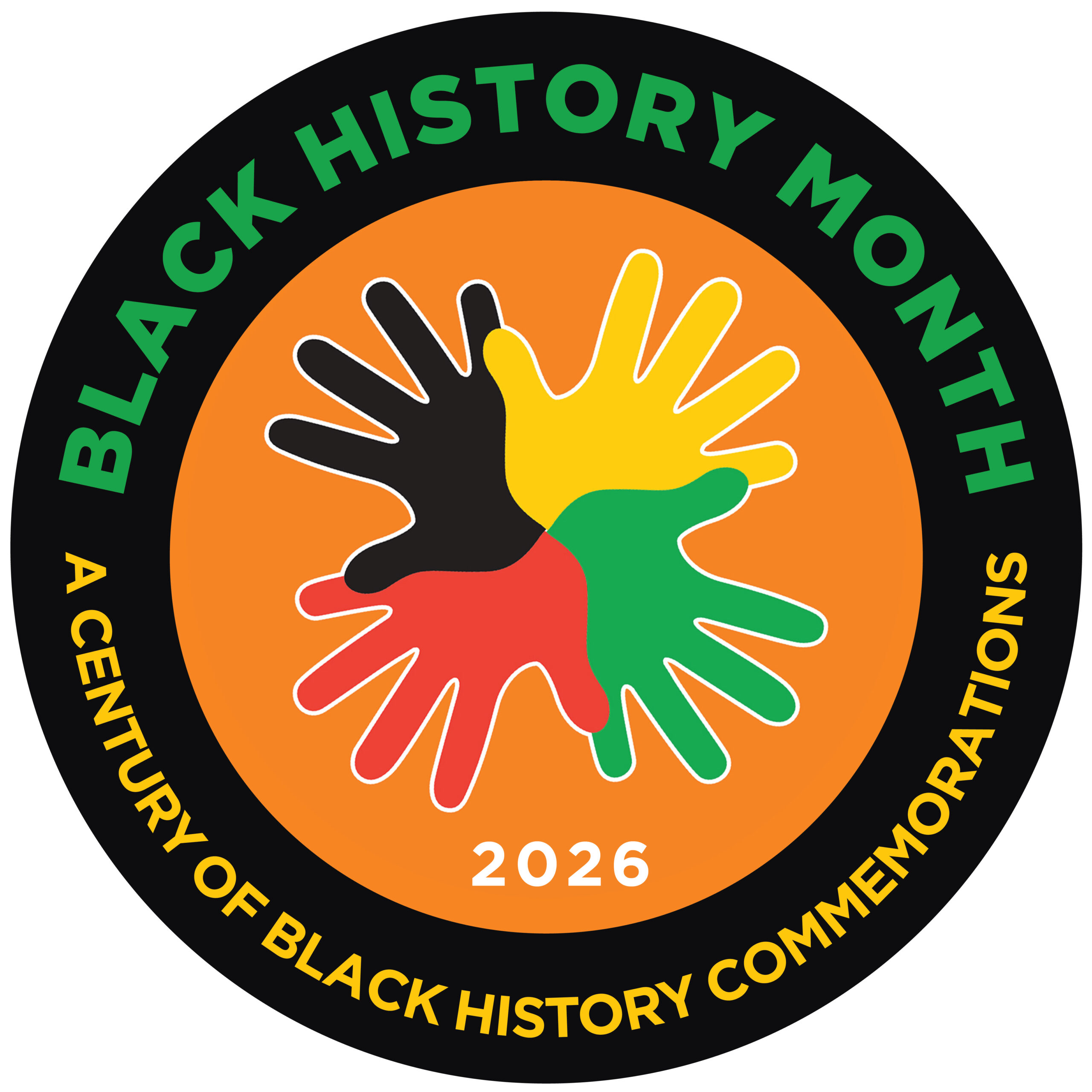February 1, 2023
The Association for the Study of African American Life and History (ASALH), was originally founded by Carter G. Woodson, the “Father of Black History,” as the “Association for the Study of Negro Life and History.” The origins of Black History Month emerged from Woodson’s introduction of “Negro History Week” in February 1926. The month of February was selected by Woodson because it encompassed the birthdays of Abraham Lincoln, born February 12, 1809, and Frederick Douglass, born in February 1818.
Believing it was important for our nation to set aside the month of February in official observance of African Americans’ contributions to the history of the United States and world, the ASALH sought federal government recognition. The first official observance came in February 1976, from President Gerald Ford whose words established Black History Month in eloquent homage to Woodson and ASALH. Ford proclaimed: “In the Bicentennial year of our Independence, we can review with admiration the impressive contributions of Black Americans to our national life…. [T]o help highlight these achievements, Dr. Carter G. Woodson founded the Association for the Study of Afro-American Life and History. We are grateful to him today for his initiative, and we are richer for the work of his organization.”
In 1986, also the first year of the celebration of Martin Luther King, Jr.’s birthday as a national holiday, the U.S. Congress, in a joint resolution of the House and Senate, designated the month of February as “National Black History Month.” The resolution authorized and requested President Ronald Reagan to issue a proclamation in observance. In 1986, the Presidential Proclamation 5443 noted that “the foremost purpose of Black History Month is to make all Americans aware of this struggle for freedom and equal opportunity.”
Since 1928, the ASALH has provided a theme for Black History observance to focus the attention of the public. Not with an intention to dictate or limit the exploration of the Black experience, but to bring to the public’s attention important developments that merit emphasis. The themes reflect changes in how people of African descent in the United States have viewed themselves, the influence of social movements on racial ideologies, and the aspirations of the Black community.
Below, we share excerpts from ASALH on the introduction of 2023’s Black History Month theme, which you can read about in more detail on the organization’s website.
Resistance! History’s throughline
“‘Black Resistance,’ the 2023 theme of Black History Month, speaks to the relationship between Black people resisting and historical triumphs, successes and progress as seen in the end of chattel slavery, dismantling of Jim and Jane Crow segregation in the South, increased political representation at all levels of government, desegregation of educational institutions, the passage of the Civil Rights Act of 1964, the opening of the Smithsonian National Museum of African American History in DC and increased and diverse representation of Black experiences in media. Black resistance strategies have served as a model for every other social movement in the country, thus, the legacy and importance of these actions cannot be understated.
“As societal and political forces escalate to limit access to and exercise of the ballot, eliminate the teaching of Black history, and work to push us back into the 1890s, we can only rely on our capacity to resist. The enactment of HR 40, the John Lewis Voting Rights Act, the Breathe Act, and the closure of the racial wealth gap is not the end. They too will require us to mobilize our resources, human and material, and fight for “freedom, justice, and equality,” “self-determination,” and/or social transformation.”
This is a call to everyone, inside and outside the association, the study of the history of Black Americans’ responses to establish safe spaces, where Black life can be sustained, fortified, and respected.”
When Carter G. Woodson established Negro History week in 1926, he realized the importance of providing a theme to focus the attention of the public. The intention has never been to dictate or limit the exploration of the Black experience, but to bring to the public’s attention important developments that merit emphasis.
For those interested in the study of identity and ideology, ASALH views an exploration of their Black History themes as instructive. Which over the years have reflected changes in how people of African descent in the United States have viewed themselves, the influence of social movements on racial ideologies, and the aspirations of the black community.
The changes notwithstanding, the list of Black History Month themes that date back to 1928, reveals an overarching continuity in ASALH’s dedication to exploring historical issues of importance to people of African descent and race relations in America.
We hope the following list of events taking place across L.A. County during this year’s Black History Month provide opportunities for learning, celebration, and coming together.
Events & Activities Celebrating Black History
- Celebrate African American and Black History Month with The Los Angeles Public Library – Various Dates
- Healing Across Generations: Black Parenting – An intergenerational conversation about Black Parenting among community – Feb. 11, 2023
- Arts and Crafts for Kids: Black Inventors! – Feb. 21, 2023
- Black History Month 10th Children’s Art Festival – Feb. 23, 2023
- 6th Annual LA Black History Month Festival: Open Arms Food Pantry and Resource Center is proud to announce our 6th Annual Black History Month festival – Feb. 19, 2023, 11 a.m.
- Black History Month Celebration Concert – Shelby and Ferne Collinsworth School of Performing Arts (calbaptist.edu) – Feb. 6, 2023, 6 p.m.-8 p.m.
- Black History Month celebration, book signing, speakers, art, music, entertainment and fun. Pacoima Historical Society – Feb. 19, 2023
- California African American Museum
- African Marketplace & Drum Circle – Certified Farmers Market – Feb. 26, 2023, 10 a.m.
- Black History Month Lectures: La Canada Congregational Church is proud to host this series of Black History Month Lectures – Various Dates
- Los Angeles Public Library – Books, photos, podcasts and more commemorating and celebrating African American History Month.
- Black Resource Center: The Center serves as an information and referral agency to other libraries and the general public.
- Afro-Atlantic Histories: The exhibition features work produced in Africa, Europe, and the Americas within the last four centuries
- Pan African Film & Arts Festival: Experience the largest Black film and arts festival in the United States
- African American Festival –The Aquarium of the Pacific will host its twenty-first annual African-American Festival – Feb. 25, 2023, 9 a.m.-5 p.m.
- The Museum of African American Art: From the HeArt, a solo exhibition by Inglewood-born contemporary painter and muralist
- National Museum of African American History and Culture (NMAAHC) – The Museum has a large number of digital resources available including information and tools on talking about race, online exhibitions, video archives, and much more.
- Record Academy Grammy Museum – Be sure to visit the GRAMMY Museum for their exhibition, Marley: A Family Legacy.
- City of Santa Monica: Celebrate Black History Month 2023 Centered on Black Resistance. Find exhibits, book displays and more.
- Pasadena Black History Parade and Festival – Join one of Southern California’s largest and longest-running Black history parades. Feb. 18, 2023
- Regeneration Summit: A Celebration of Black Cinema
- Record Academy Grammy Museum – Be sure to visit the GRAMMY Museum for their exhibition, Marley: A Family Legacy.
Educational Resources
- Celebrating and Learning About Black History and Culture
- 29 Days Of Crafts For Black History Month
- Kids Explain Black History Month
- PBS Learning Media / Black History Month
- Celebrating Black Leaders – Play and Learn Together With Children 2 to 5
- Black History Month Resources | PBS LearningMedia
- Seven Young Leaders Making Black History Today







